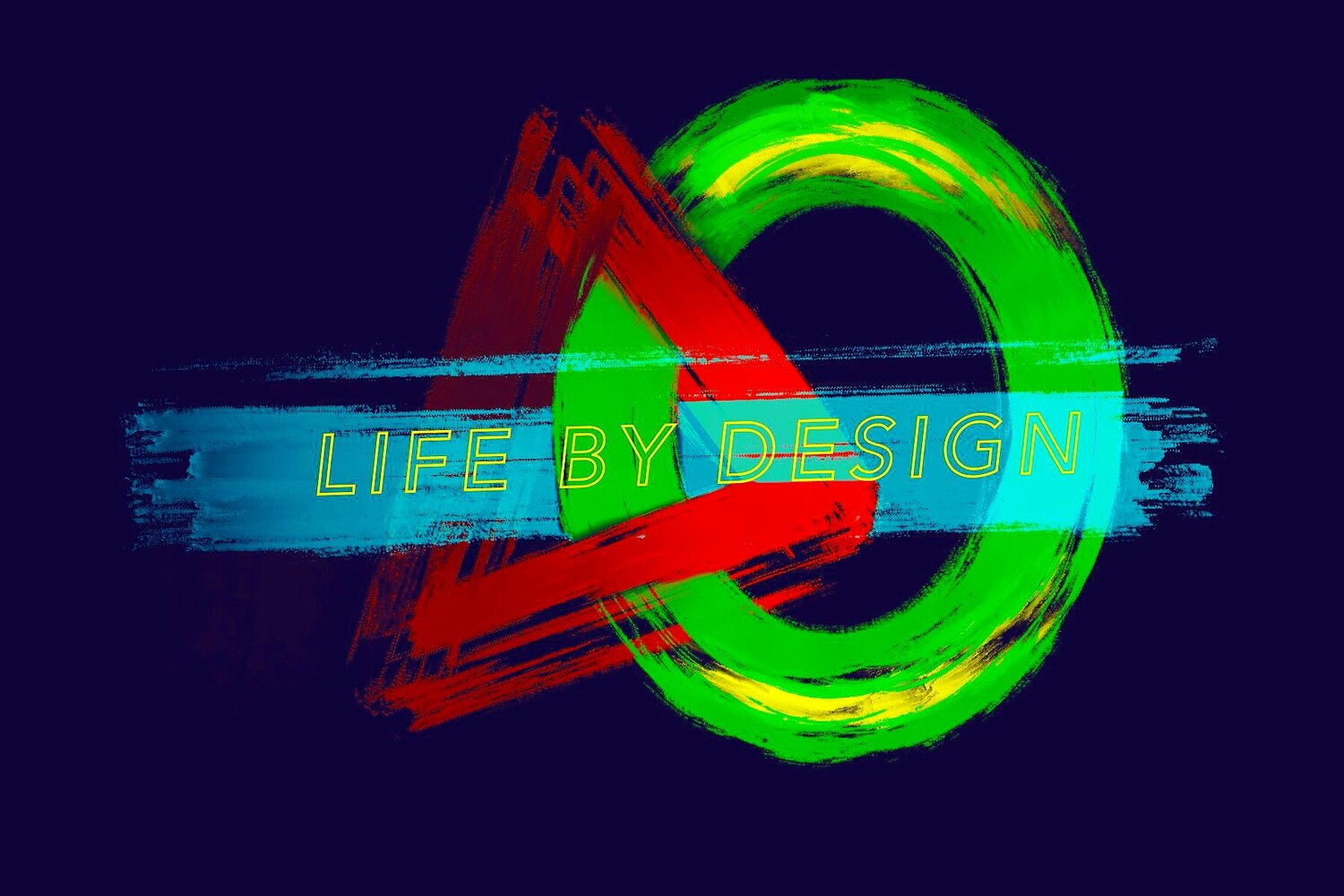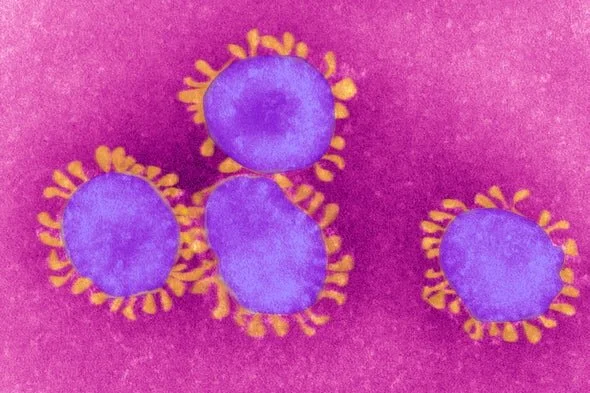We are in the midst of a global event the likes of which we have not seen. The world is closed! Much of life is shut down and we are shut in with fear. COVID-19, an unusual virus—though its a cousin of the ordinary flu—has invaded our lives in ways we never imagined in the 21st century. And, as of right now, our only tools to fight it are our minds and immune system. So, lets talk about these two best weapons we have to help and protect us.
The field of psychoneuroimmunology is the study of the relationship between how we think and feel and the body’s ability to protect itself. It has been around for at least 4 decades. Without going into excruciating details about it (you are encouraged to look it up), we know from the contributions of this field of science that your mental health directly affects your body’s functions, and your physiological state—how your body feels— is often represented in psychological and emotional ways as well. Stress, for example, increases cortisol and this particular hormone affects how well our immune system works. But this is not the only hormone that affects our immunity. This is just one example of this relationship between mind and body and the impact one has on the other and visa versa. Literally all mental states have a physical corollary and all physical phenomenon have a mental representation. You know this from your own experiences: When you are depressed, or even just sad, you tend to not want to get out of bed—almost like you have the flu. When you have the flu you don’t experience joy and happiness as much, almost like when you are depressed. When you are anxious, you can’t concentrate. When have too much to think about and can’t concentrate, you feel anxious. Physical and mental states are the sides of the same coin.
So what do you do when you are facing a force like COVID-19 AND you are anxious? That is a bad combination because your anxiety and stress will reduce your ability to fight all viruses and illnesses. That becomes a catch-22. You can control external factors that contribute to your exposure to COVID-19 such as hand washing, social distancing, etc. But there are also measures you can take to improve your chances of successfully fighting it off should you be exposed to it.
To improve your body’s ability to fight you need to approach it from two angles: Physical/physiological and Psychological/emotional.
Exercise: Bringing up your heart rate increases oxygenation in your cells, and in addition to helping them function better hyper-oxygenation is also bad for micro organisms in your body: Think hydrogen peroxide. In addition, exercise will increase your body temperature which is a natural enemy of bacteria and viruses. You don’t need equipment or the gym. Walk, run up and down the stairs, do push ups and sit ups. There is no end to how you can move your body to achieve health.
Eating Well: Eating regular small meals frequently will reduce the digestive stress on your body. Make sure your introduce high impact foods that are nutrient-packed but easy on your digestive system. If you can’t have access to high quality food, supplements are a very good idea. There are lots of good websites to figure out the best diet for you. But most importantly just be mindful when you eat. Do not overeat or neglect to eat. It is the fuel that allows your body to work. Not eating or over eating taxes your immune system and draws from its resources to fight the good fight.
Joyful Relaxation: This can be achieve in so many ways: Tai Chi, Qigong, Yoga, meditation, music, spirituality, dance, reading, movies (the latter two need to be the kind that do not raise your stress levels: watching movies about pandemics or reading political posts are not recommended), deep breathing, self-hypnosis, petting your animals, art, craft, gardening, creativity of any kind, etc. If you don’t know some of these, YouTube is your best friend. You have time to learn them now.
Engagement & Disengagement: Connect with people who give you joy like old friends and relatives, search for positive news and good stories. Disconnect from negative people or negative news. Stay away from or at least minimize engagement with politics.
Laugh, Laugh, Laugh: One thing we know from the field of Psychoneuroimmunology is that laughter does boost your immune system’s capacity. It releases endorphins and other neurohormones and neurotransmitters that allow for better cell-to-cell communications and that improvement enhances the protective qualities of your immune system. So, watch comedies, read funny stories, learn new jokes, create puns and laugh for no reason. I can’t emphasize this enough. Humor is therapeutic both physically and psychologically.
Love, Love, Love: Show affection and accept it in return as much as you can, however you can. This act too releases neurohormones that are highly beneficial to your body and improve overall functioning.This may seem hard to do this during social distancing, but one benefit that we do have is that our mind does not know the difference between imagining connectedness and the real stuff. So you can imagine hugging a friend or a loved one and your body will react accordingly. Connect with people by phone, FaceTime, Skype, whatever. Just connect, give love and accept it.
Sleep: Finally, get as much sleep as you can whether its in one long stretch or mini-naps. Ideally, you want your sleep to be at least 5 hours in length but if its shorter don’t stress, just nap.
Reaching out for help if you seem unable to de-stress is a very good idea. There are apps for relaxation and meditation, online instructions on Qigong, yoga, art making, etc. There is also online support and counseling through tele-therapy. Use online resources for relaxation, diet management, encouragement for exercise, finding that which makes you laugh, or give you a mental escape. One final not about medications/self-medication. But don’t get stuck on the screen. Go outside, rake, prepare a garden bed or some flower pots, run around for no reason. If you drink, use THC or anything else to help you de-stress make sure doing so does not add to the stress load to your body. Alcohol is very taxing on your liver, for instance. So minimal use of that substance is very important. THC can reduce your motivation when you need to do stuff which adds to your stress later.
We are all in this together. And if you use this opportunity to stay strong, learn new things, engage with parts of you which have been neglected, then when it is all over…and it will be over…you will emerge as a better person and this experience will have been a gift.

